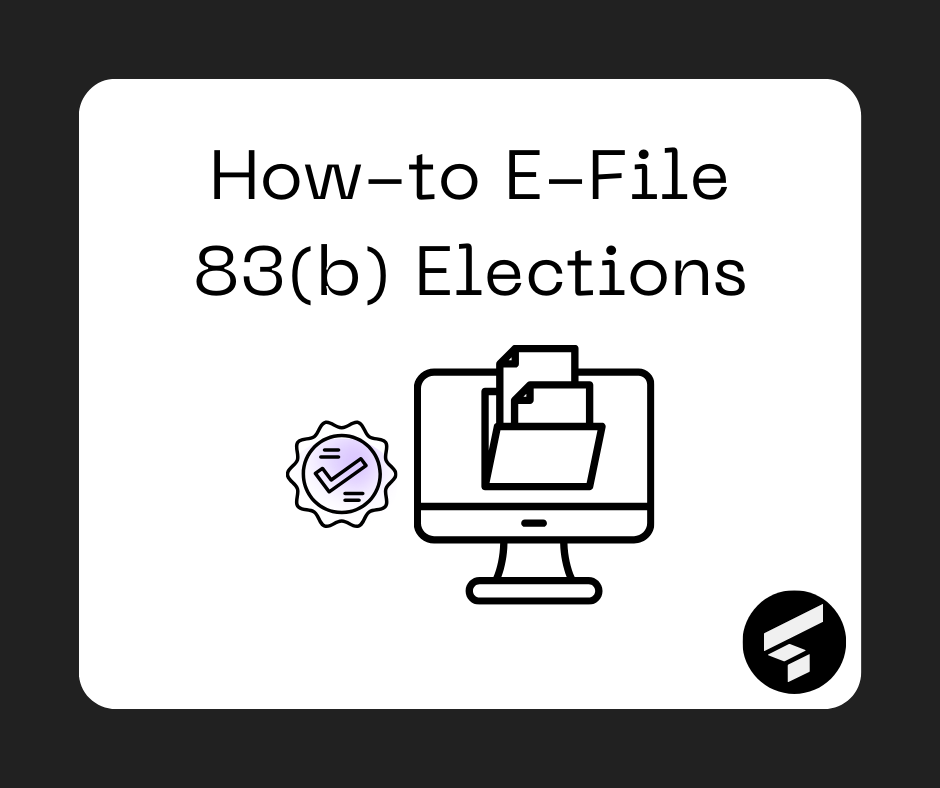Considerations for Consulting at Tech Companies
Self Employment Income and Equity from Consulting at Startups
Wealth creation comes in many shapes and sizes for the modern worker. Consulting gigs or fractional work at tech companies will offer compensation in cash and/or equity.
The first and most common compensation method is getting paid in cash resulting in self-employment income (and a 1099-NEC tax document). Any equity received will be influenced by the stage of the company at the time.
This essay outlines the trade-offs of each and when one might prefer cash or equity.
Frame for Cash Compensation
Consulting gigs are often structured as X number of days per week at a fixed rate. Or at an hourly rate for Y - Z hours a week. Encourage your clients to think about how these opportunities align with their needs and help them assess the impact of cash and equity received.
You also want to think about it from a cash flow timing perspective. When your client sends an invoice, the terms are usually "net 15” or “net 30" - meaning there are 15 or 30 days from invoice to make the payment. Consider the lag from issuing invoice to receiving payment in your cash flow projections. From a tax perspective, income is taxable the year it is earned, not the year the invoice is sent - so be mindful of how you project their taxes.
Cash Compensation Overview
Cash consulting income is more straightforward. Self-Employment income hits the Schedule C, subject to self-employment tax which ultimately influences your client’s total tax liability and tax under withholding. The total tax drag across Federal, State, and self employment can sneak up so make sure your client carves off enough cash for taxes because there is generally no tax withholding on consulting income.
If you aren’t using Trayecto to account for the tax impact of consulting income, you’ll need to find a way to determine an appropriate amount to set aside for tax payments (the “tax haircut”). It’s important to help your client avoid spending or investing capital that should be earmarked for tax liability.

Equity Compensation
The stage of the company will determine the type of equity issued, if applicable for consulting gigs. Companies at the earliest stage may issue Restricted Stock Awards while later stage and public companies will issue NSOs (Non-Qualified Stock Options). There are different considerations for each equity type.
Restricted Stock Awards (RSAs)
Let's start closer to the incorporation of the company. Assume there are a couple of founders and a few early employees. Not a lot has happened. Maybe no seed round has been raised or at least no series A has been raised. If your client is consulting for a company like this, Restricted Stock might be on the table. Restricted Stock, or founders stock, is a grant of common stock that vests over time. If they make an 83(b) election within 30 days of grant, the tax implications occur in the year of grant even though the shares will vest over time. This prevents the company FMV (fair market value) at future vest dates from having tax implications. Instead, tax is incurred on the difference between the purchase price of the Restricted Stock and the FMV at grant. At the earliest stages of a company the difference is negligible, having little tax impact.
At this stage the FMV is often fractions of a cent, something like $.0001 per share of common stock. This means that even a large grant of Restricted Stock can be purchased for a few hundred dollars with almost no tax cost. The total investment risk of owning the stock is low and compelling to take. If the exit price is $1 the ROI is great but the absolute liquidity value may not be significant given the number of shares a consultant might be allocated.
NSOs
Consultants may receive NSOs as well. This is more likely to happen after a tranche of stock options is issued as an employee pool. With the exercise price pegged to the FMV of the company, NSOs can cost next to nothing at the earliest stages. Or can be $100+ at a public company. The point is that equity rewards happen on a price spectrum. On one end you barely notice the purchase price and on the other end the investment risk is too great, and so it makes sense to wait and then cashless exercise (simultaneous exercise and sale) once you have the ability.
Frame for Equity Decisions
There is tremendous value in helping your clients negotiate for an equity package that fits their needs while offering a framework for how they should engage the equity they receive.
Consider your client's appetite and capacity for risk, then help identify a reasonable breakeven share price based on their financial situation.

- Buy everything: 83(b) election on RSAs or negotiate for early exercise on NSOs
- Invest up to $X into this company: Start with the purchase and 83(b) election on RSAs and then move to NSOs if there’s capacity in the total investment risk that can be taken.
- Price per share is too high: Investment risk doesn’t make sense, forgo potential tax advantage of owning the stock before it’s sold.
Structuring Consulting Compensation
Always aim to fit consulting compensation to your client’s life circumstances. If they don’t need excess cash flows, maybe you help them create an equity-only agreement. Maybe the structure is all cash or mostly cash if your client isn’t bullish on the company, has cash flow needs, or can’t take on the investment risk.
Because the future value of company stock is uncertain (with real go-to-zero risk at the early stages), it’s often more useful to orient around risk capacity, risk tolerance, and cash needs. From there you can contextualize the cash flow and tax implications of a given consulting package.





.png)
.png)